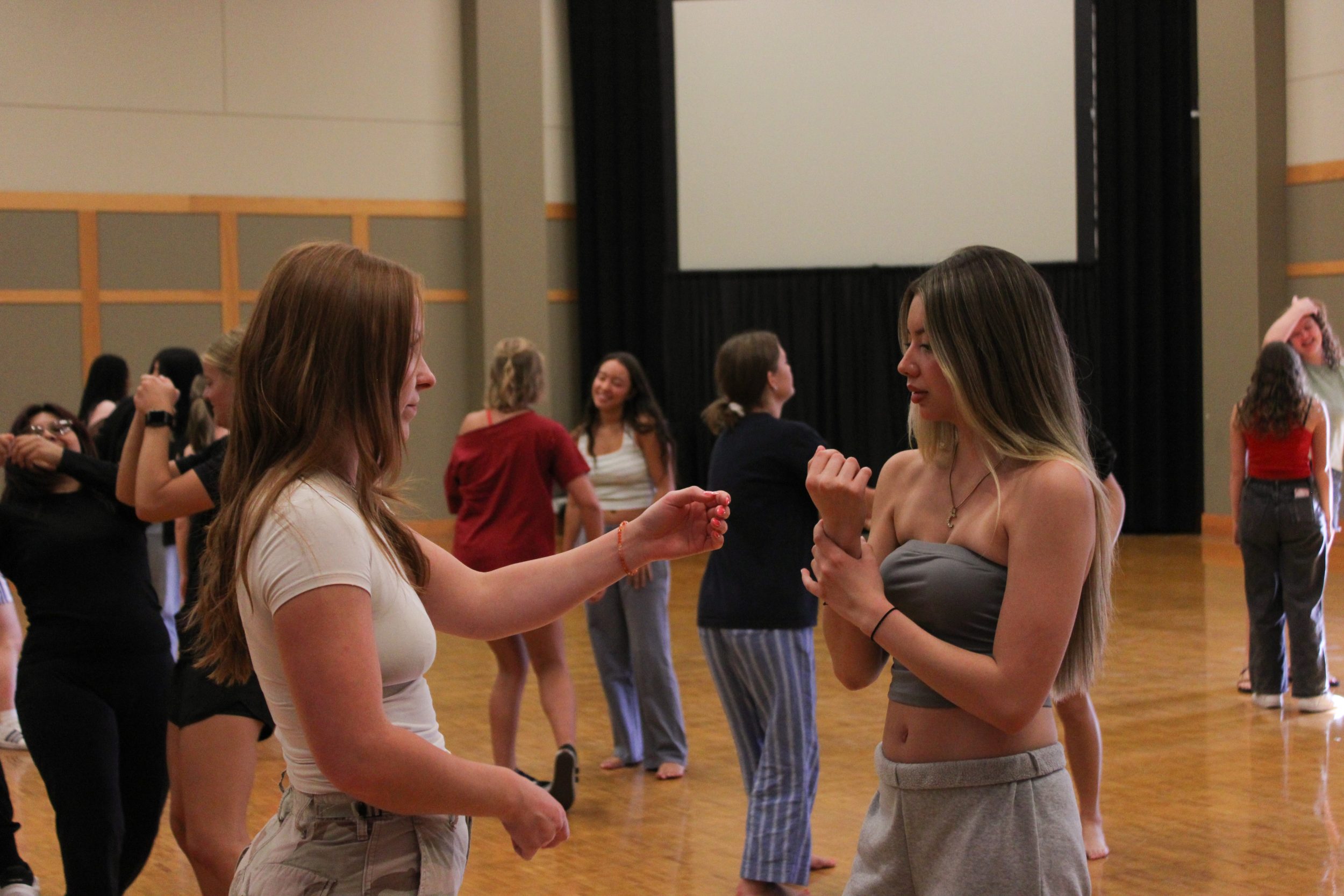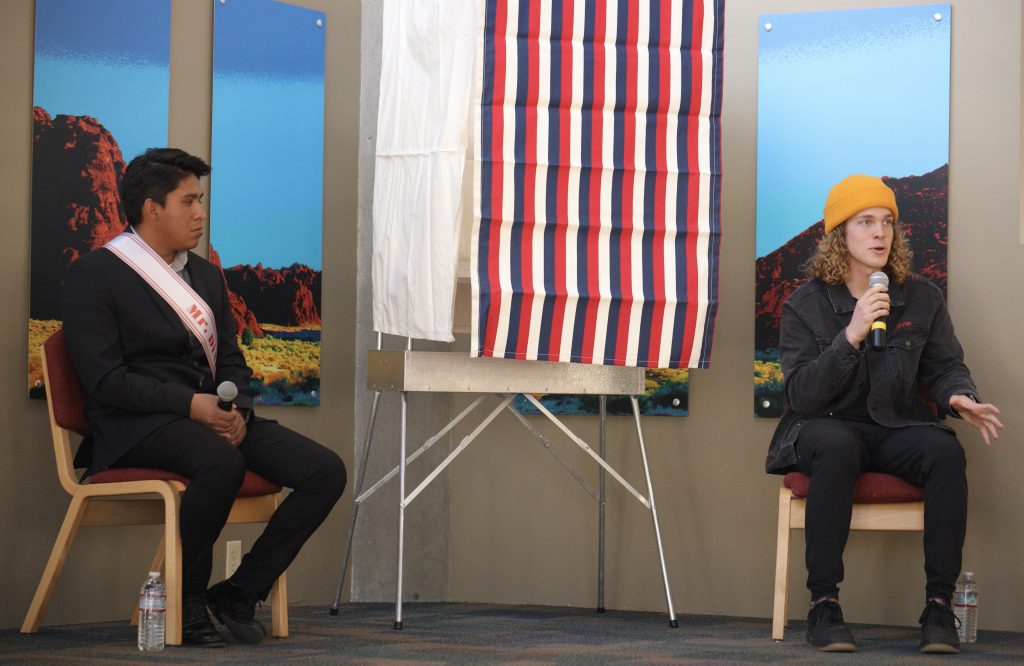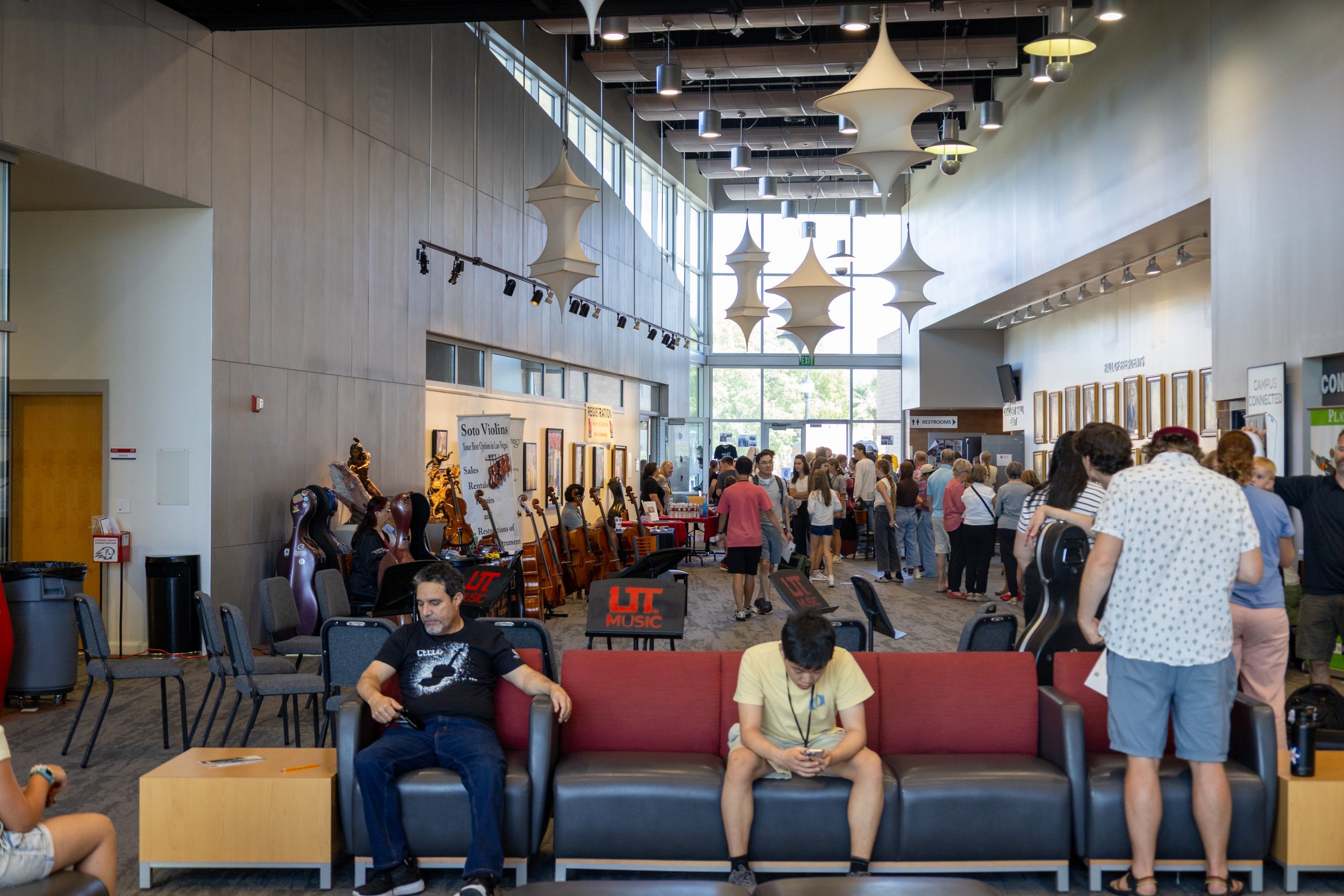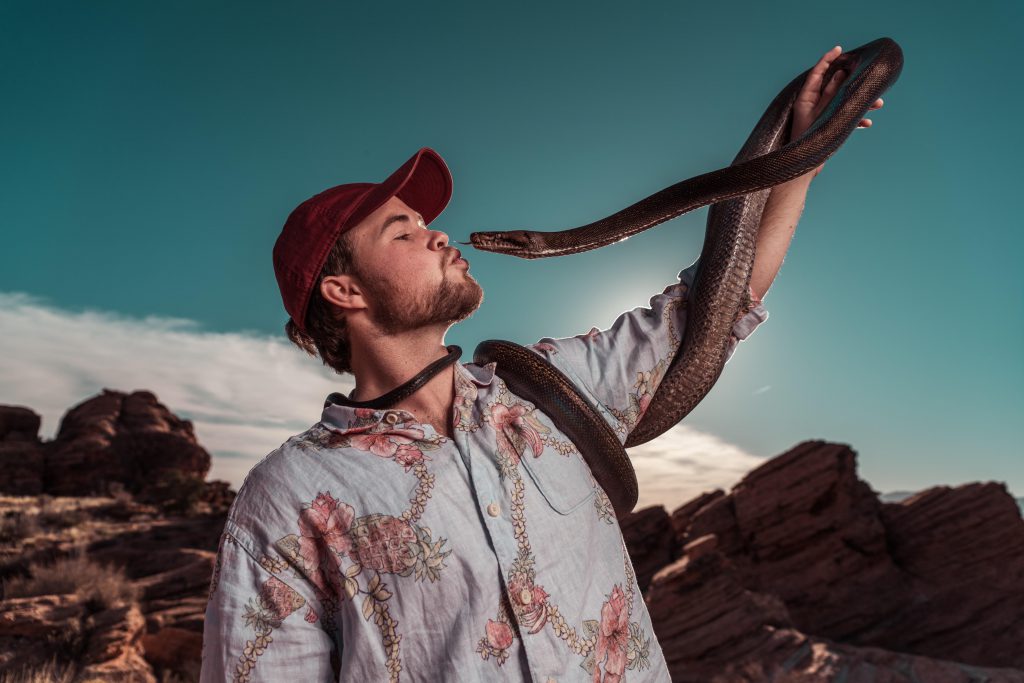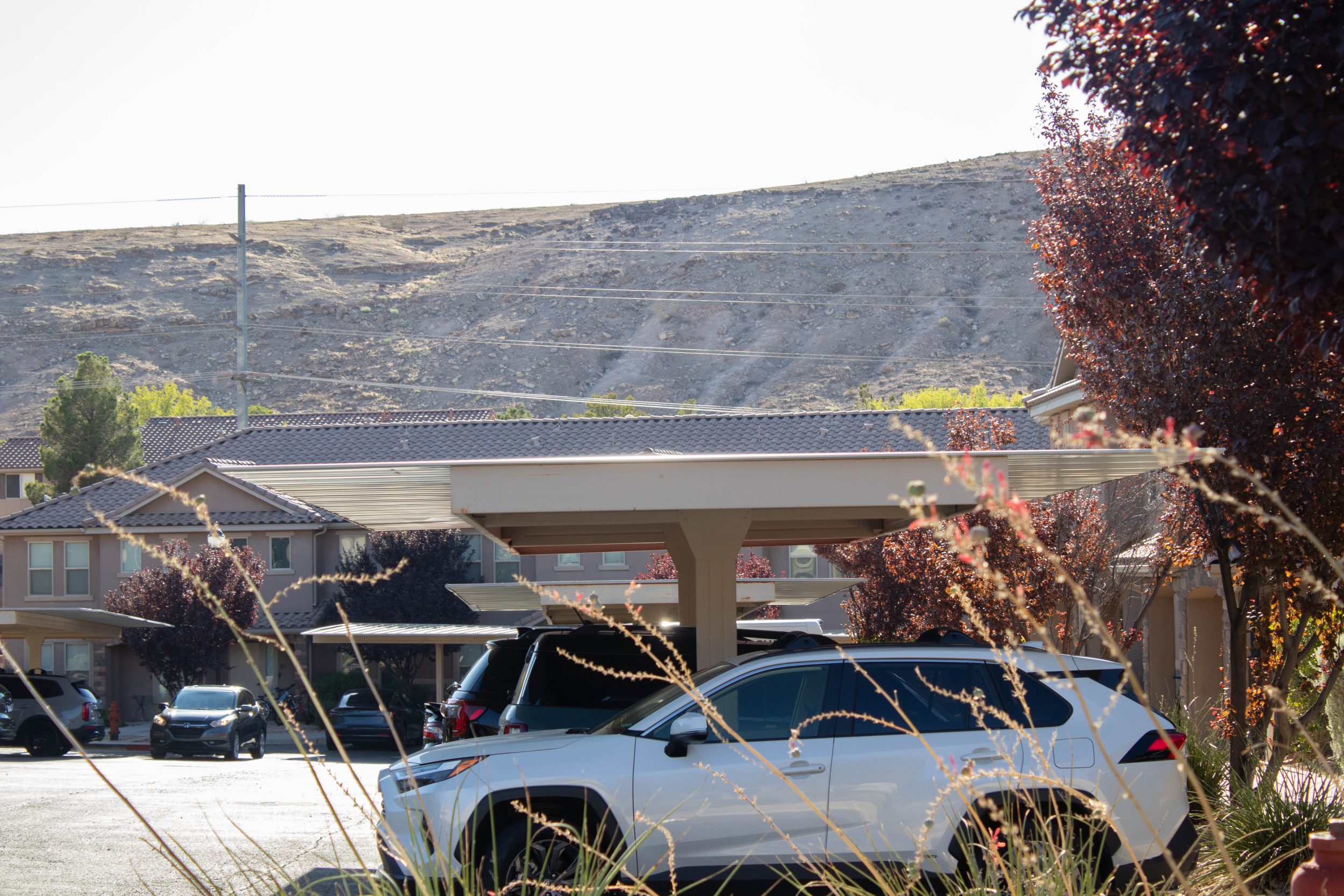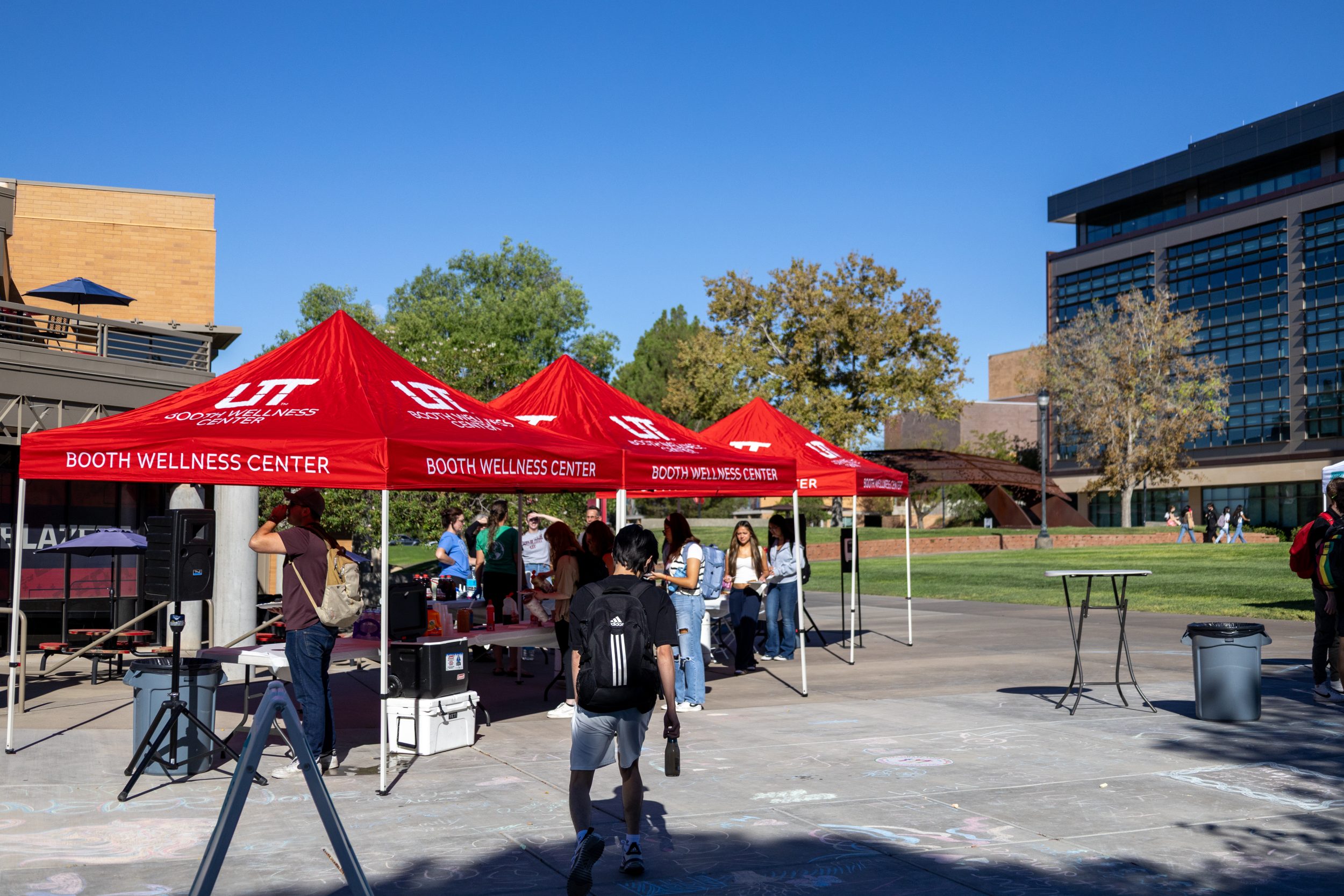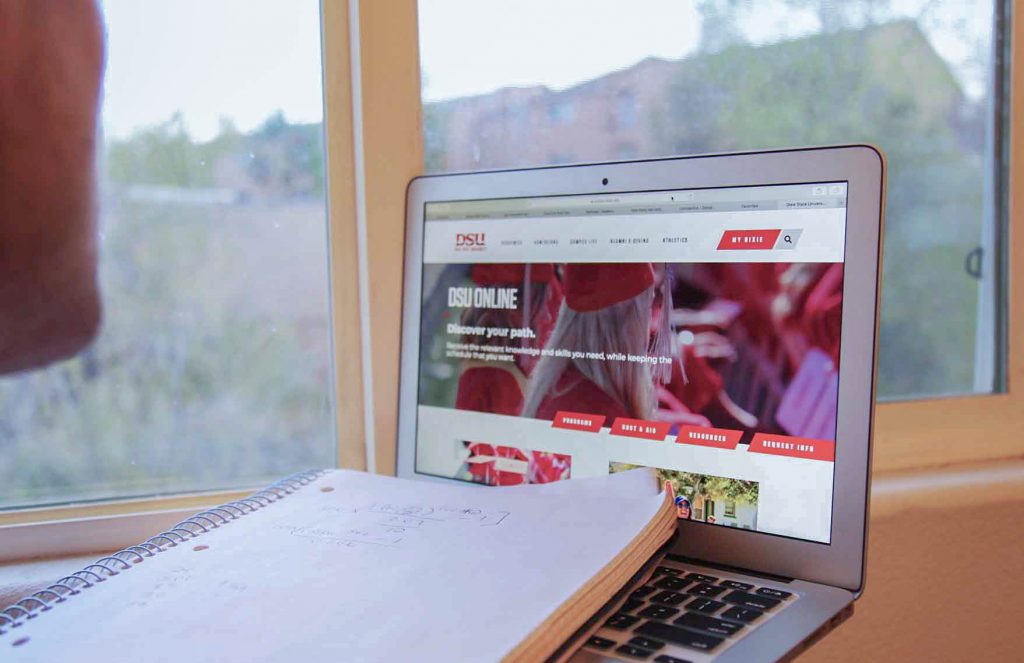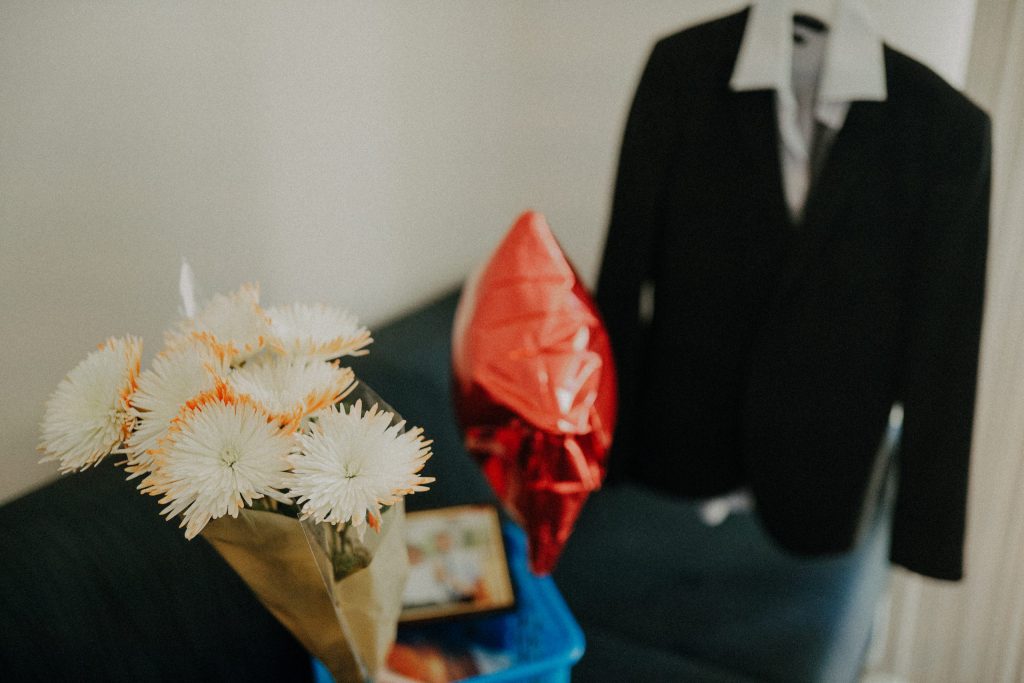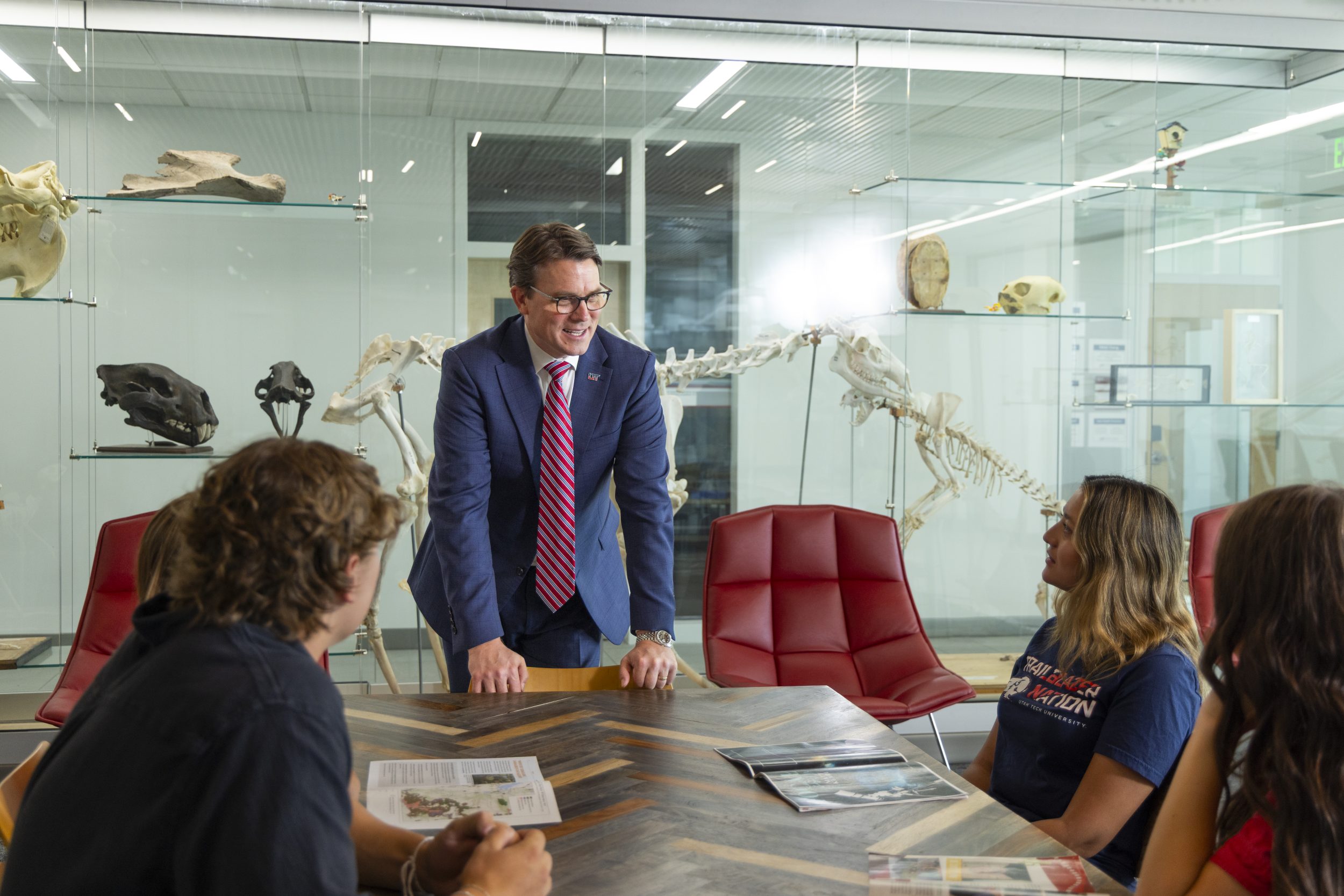The Utah Tech University Police Department is offering a free self-defense program aimed at equipping students, faculty and staff with life-saving skills that extend beyond campus.
The program, held Oct. 2 begins with lessons on awareness, prevention and risk reduction before moving into hands-on practice.
The course also provides practical physical defense techniques designed for everyday people, not martial arts experts. All instruction is led by Utah POST-certified trainers, ensuring the methods taught are up-to-date, effective and accessible.
Teresa Starnes, Utah Tech police records administrator/system-based victim advocate, said the program aims to move from a reactive approach to a proactive one. It encourages students to stay alert and confident in any situation, whether they are crossing campus, attending events or handling daily activities.
Self defense techniques taught include:
- Situational awareness — recognizing potential dangers before they escalate.
- Verbal strategies — boundary setting, de-escalation and calling for help.
- Escape techniques — breaking free from grabs and holds.
- Defensive moves — basic strikes, blocks and ground escapes for everyday people.
- Confidence and mindset — knowing when to act, seek help and trust your training.
Wes LiCalzi, Utah Tech chief of police, said: “We want participants to develop a comprehensive safety mindset that starts with awareness and prevention. Rather than living or being influenced by fear, we want our community to feel empowered and confident, understanding that personal safety involves both mental preparation and practical skills that can be applied in various situations, both on and off campus.”
The campus community has consistently supported this program, which the department has offered each semester for several years. The strong participation demonstrates ongoing demand.
Starnes said: “As a victim advocate, my role is to support, empower and equip individuals with the tools they need before, during and after a crisis. This class is a preventative resource. It’s about giving people the skills they need to avoid or escape harmful situations before they escalate.”
Preparedness is a key benefit. She said many victims she has worked with admitted they froze or didn’t know how to respond in threatening situations.
“This class helps students and faculty build a ‘memory bank’ of techniques and responses they can draw from if needed,” she said. “When stress hits, you don’t rise to the occasion, you fall back on your training.”
Both LiCalzi and Starnes said they hope students leave the class feeling more confident, aware of available resources and committed to a sense of community responsibility — looking out for themselves and for each other.
Ally Cannon, a junior digital media major from St. George, took this course. She said she would highly recommend this class, noting the instructors cared about the material they were teaching.
“We learned different defense techniques and practiced hypothetical situations that could potentially happen so I thought that was super helpful,” she said. “I work late at night at both of my jobs, so I feel safer walking to my car knowing I have the knowledge to defend myself if needed.”
The self-defense class is on Oct. 2 from 4 to 6:30 p.m. at the Human Performance Center, room 367. Open to all students, faculty and staff, the session encourages participants to wear comfortable athletic clothing. Scan the QR code to fill out the waiver and make sure policeservices@utahtech.edu is a recipient.

“When people know how to protect themselves, they walk taller, speak more confidently and feel more in control,” Starnes said. “That sense of security and autonomy is a major contributor to mental health and wellbeing, especially in high-stress environments like college.”
